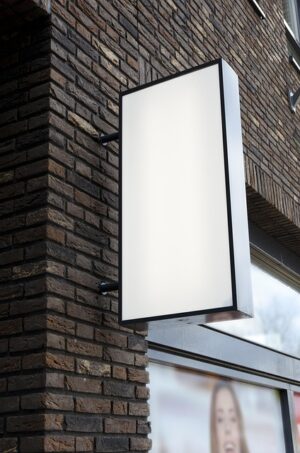Commercial electric boilers offer a versatile, energy-efficient solution for institutional heating with uniform heat distribution across multi-zone spaces. They utilize advanced technology for precise temperature control and fast response times, reducing operational costs compared to traditional gas or oil alternatives. These systems include high-capacity options and modular designs that enhance comfort and cut costs, making them a sustainable choice for HVAC systems while allowing easy expansion as needs evolve. Proper implementation requires zone analysis, advanced control systems, strategic insulation and placement for optimal heating performance and energy conservation.
Commercial electric boilers are transforming how buildings maintain uniform heat distribution across multi-zone systems. Unlike traditional heating methods, these innovative boilers offer precise control and energy efficiency. This article delves into the intricacies of commercial electric boilers, highlighting their unique features and advantages in achieving optimal heat distribution. We explore best practices for implementation, ensuring building managers can maximize the benefits of this game-changing technology.
- Understanding Commercial Electric Boilers and Their Unique Features
- Advantages of Uniform Heat Distribution in Multi-Zone Systems
- Best Practices for Implementing Commercial Electric Boilers for Optimal Heat Distribution
Understanding Commercial Electric Boilers and Their Unique Features

Commercial electric boilers are specialized heating systems designed to provide efficient and uniform heat distribution across multiple zones within a building or facility. Unlike traditional boiler systems that rely on combustion, commercial electric boilers utilize electric heating elements for fast and precise temperature control. This technology offers numerous advantages, especially in institutional settings where consistent and reliable heating is essential.
These boilers are known for their versatility, compact size, and energy efficiency. With modern commercial boiler technology, facilities can benefit from high-capacity electric boilers that cater to substantial heating demands. Modular boiler systems further enhance flexibility, allowing buildings with varying heat requirements to scale their heating capacity as needed. Moreover, electric steam boilers and electric hot water boilers are popular choices, ensuring efficient institutional heating while reducing operational costs compared to traditional gas or oil-fired systems.
Advantages of Uniform Heat Distribution in Multi-Zone Systems

In multi-zone commercial spaces, uniform heat distribution is a game-changer. It ensures that every area receives consistent and comfortable warmth, eliminating cold spots often associated with traditional heating systems. This is particularly beneficial for institutions like schools, hospitals, and large offices where maintaining optimal temperatures across vast areas is essential for occupant comfort and productivity. With electric heating systems, commercial spaces can achieve this uniformity efficiently.
Commercial electric boilers, advanced in modern boiler technology, play a pivotal role here. High-capacity electric boilers are designed to deliver precise heat control and fast response times, ensuring that zones with higher demand receive adequate warmth while preventing energy wastage. This not only enhances the overall comfort of occupants but also contributes to significant energy savings. Energy-efficient boilers, including electric steam boilers and electric hot water boilers, reduce operational costs, making them a sustainable choice for commercial HVAC systems. Modular boiler systems further add to their versatility, allowing for easy expansion or reconfiguration as institutional heating needs evolve over time.
Best Practices for Implementing Commercial Electric Boilers for Optimal Heat Distribution

Implementing commercial electric boilers for optimal heat distribution involves several best practices. First, careful zone analysis is crucial to understand and map out specific heating requirements across different areas within a facility. This ensures that each zone receives the precise amount of heat it needs, eliminating over or underheating. Additionally, leveraging advanced control systems allows for precise temperature regulation, ensuring uniform heat distribution. These systems can be programmed to respond dynamically to changing conditions, maintaining consistent comfort levels throughout.
Second, selecting the right commercial electric boiler technology is paramount. High-capacity electric boilers are ideal for institutional heating needs due to their ability to deliver large volumes of hot water or steam efficiently. Modular boiler systems offer a flexible and energy-efficient solution, allowing for easy expansion or reduction based on demand. Incorporating these features with proper insulation and strategic placement can significantly enhance overall system performance, ensuring optimal heat distribution in commercial HVAC systems while promoting energy efficiency.
Commercial electric boilers, with their capability to achieve uniform heat distribution across multi-zone systems, represent a significant advancement in heating technology. By understanding their unique features and implementing best practices, businesses can maximize energy efficiency and create more comfortable environments. The advantages of uniform heat distribution are clear, from enhanced thermal comfort to reduced energy consumption, making commercial electric boilers an attractive and sustainable choice for modern facilities.






